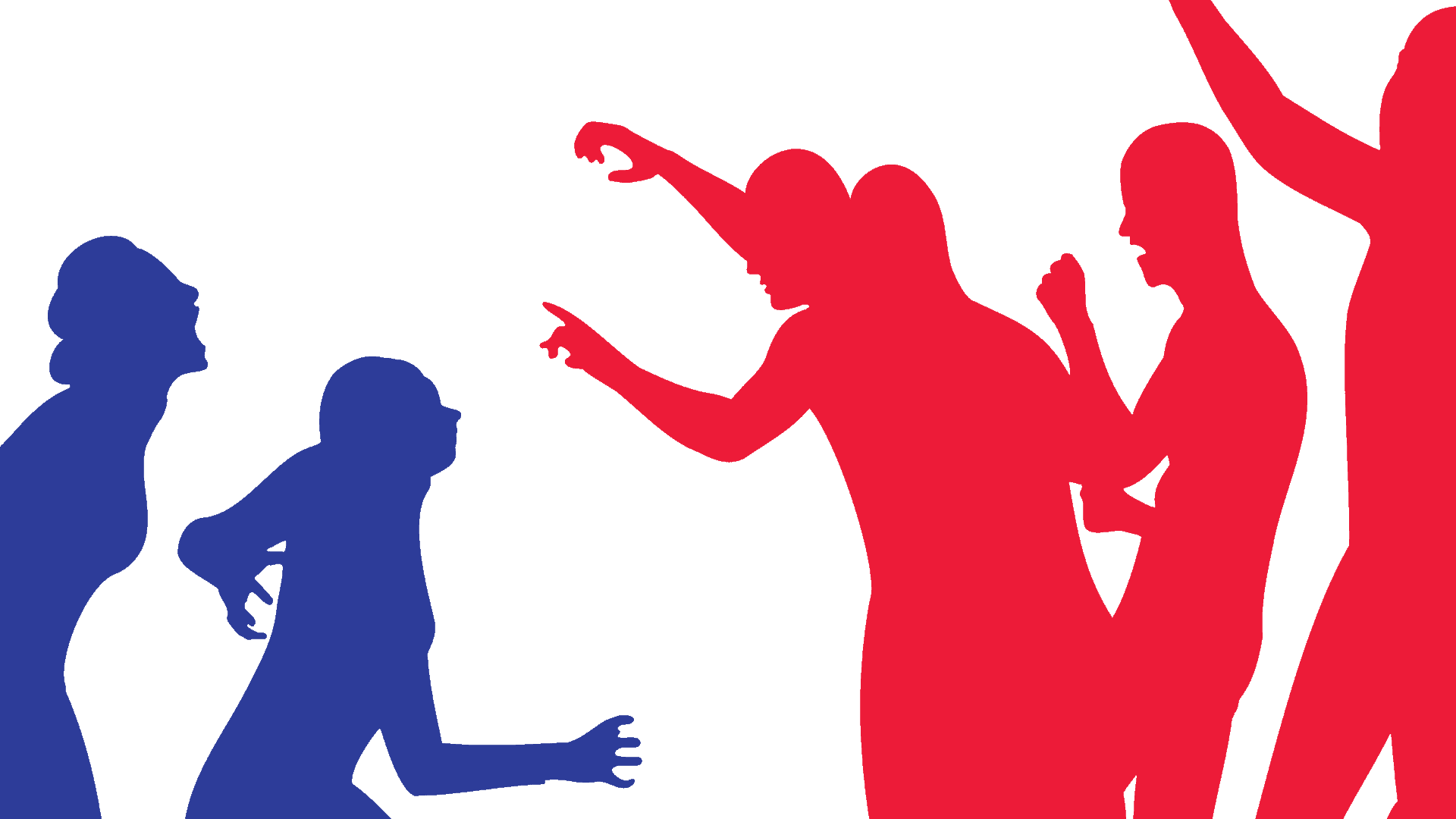High Conflict in the Canadian Church

Conflict is good. Actually, the right kind of conflict is good. As Amanda Ripley writes in her new book High Conflict, healthy conflict “can be serious and intense but leads somewhere useful.” It “does not collapse into dehumanization.”
High conflict, though, is bad. It “becomes self-perpetuating and all-consuming, in which almost everyone ends up worse off.” It’s “typically an us-versus-them conflict.”
Ripley’s book tells stories of high conflict: a town council in California, a gang member in Chicago, guerrilla members in Colombia, and liberal synagogue members in New York relating to conservatives in Michigan. The book is a helpful one, important for anyone who wants to understand why conflict can become unhealthy and what to do about it.
As I read the book, though, I thought of a current case of unhealthy conflict: the divide between those who think the church should reopen in Canada, and those who disagree, as well as how to respond to those who’ve been charged or arrested for violating public health measures.
On paper, this shouldn’t be a case of high conflict. The two groups agree on a lot of theological issues, but they also disagree on other issues. Hurts have accumulated. Rhetoric has become heated. Divisions have become pronounced. Fruitful discussion does not seem to be on the table. I’ve felt the strain in some of my friendships and in my circles.
As I read Ripley’s book, I wondered how we could turn this case of high conflict into a healthy one.
Two themes and three stories stood out to me.
What’s Important?
The first story involves Gary Friedman, a mediator who found himself inflaming conflict on a town council. As things got worse, Friedman asked himself questions he’d used of others:
What’s behind that? Why is that important to me? What would it be like if I got what I wanted here?
There was a lot of noise in his head and plenty of blame to go around. But eventually he realized that what he’d wanted most of all was to prove there was another way to do conflict, a better way. But pressuring people to adopt his worldview was never going to work.
Friedman began to realize that he shared a lot more than he realized with his political opponents. He began to pursue the larger goal of what he really wanted rather than fighting every skirmish.
What do both sides of the current conflict want? I suspect we want similar things, even if we disagree on how to get there. We disagree on theological issues related to how the church relates to the state, the response to the pandemic, and other matters. But nobody’s happy with churches being closed, pastors being charged, or churches being padlocked. I suspect we’re all concerned with other issues on the horizon that will require courage and conviction. I may disagree with some of my brothers, but I’m confident I want the same thing as they do even as we disagree on some other significant issues.
How Can We Listen?
Ripley tells two other stories I like. One is of negotiator William Ury, who was blasted by Hugo Chávez, then president of Venezuela, for half an hour. Ury felt embarrassed and incensed. Instead of defending himself or counterattacking, he refocused. “I just listened, giving him my full attention, trying to understand what was really going on for him,” Ury said. Eventually, “the anger left Chávez’s voice, and his shoulders sagged, and he said, ‘Okay Ury, what should I do?’ Like most people, Chávez had wanted to be heard, before he could listen.”
Ripley also tells the story of liberal members of a Jewish synagogue in New York who went on an exchange program with Republican prison guards in Michigan. As they spent time together, they didn’t necessarily agree with each other, but they started to be able to understand the other and discuss their differences.
It’s easy to react. It’s much harder to listen, non-defensively, even as you feel misunderstood. I suspect the latter is what’s needed.
My Hope
As I browse social media and talk to friends who disagree with me on how the church should respond to COVID restrictions, I sense hurt, polarization, and scorn. I’m sure rhetoric on both sides has been unhelpful.
But maybe the solution starts with just starting to focus on what we have in common, and then really listening to each other, even when we feel defensive. I suspect we’re not as far apart as it may seem.
High conflict is unproductive. But healthy conflict is good. Ripley writes:
In healthy conflict, there is movement. Questions get asked. Curiosity exists. There can be yelling, too. But healthy conflict leads somewhere. It feels more interesting to get to the other side than to stay in it. In high conflict, the conflict is the destination. There’s nowhere else to go.
I may be naïve, but I believe there’s hope. I pray that we’ll be able to find our way to healthy conflict as we consider how to bridge our differences and love each other, even as we disagree on issues that are important to us.






